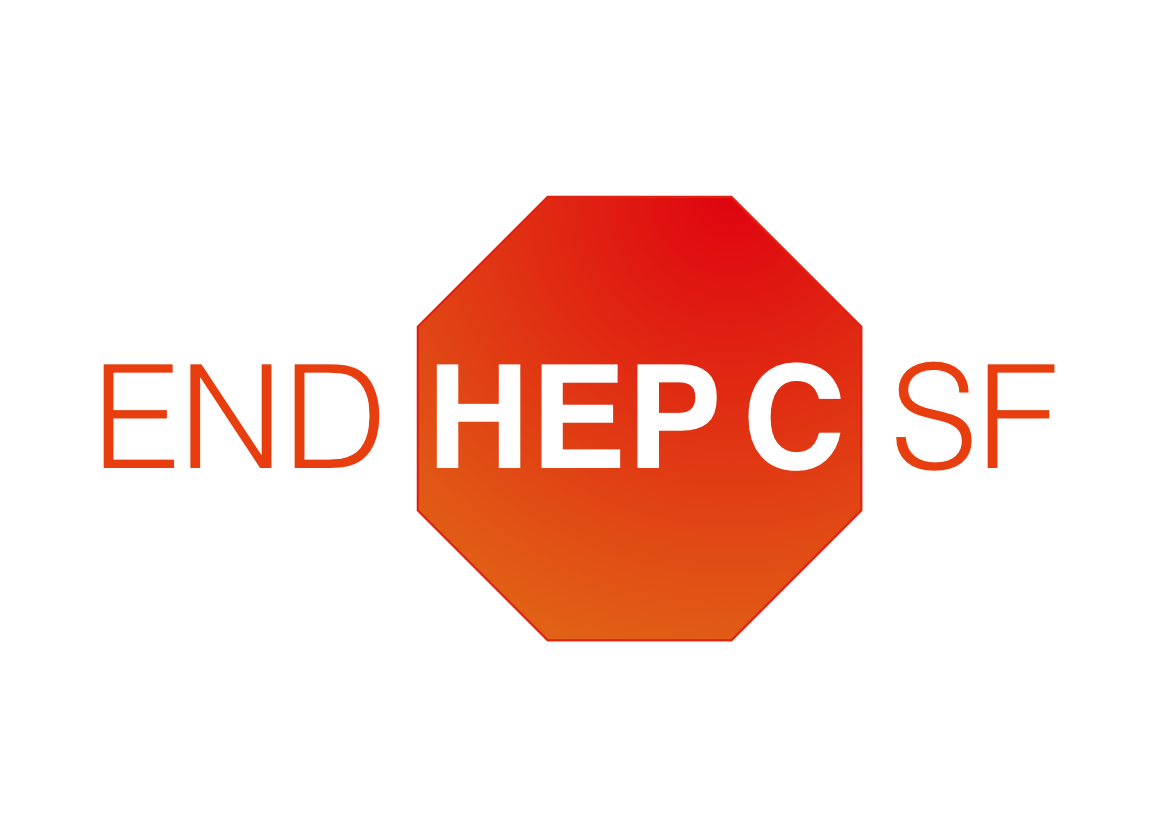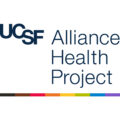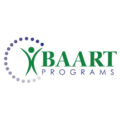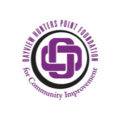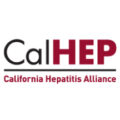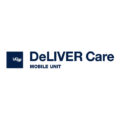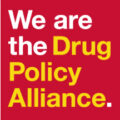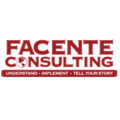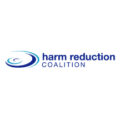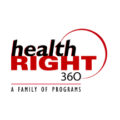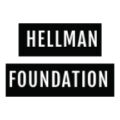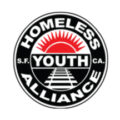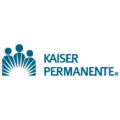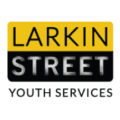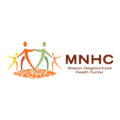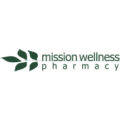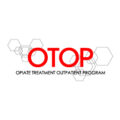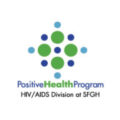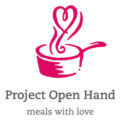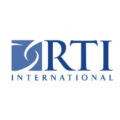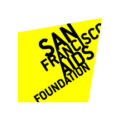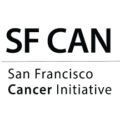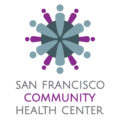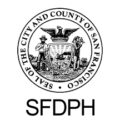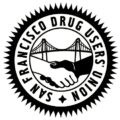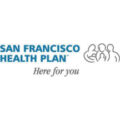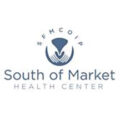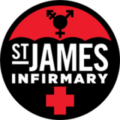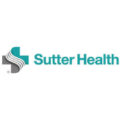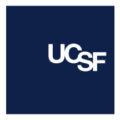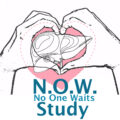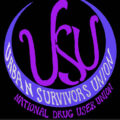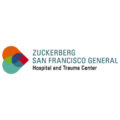Our Vision
End Hep C SF envisions a San Francisco where hepatitis C is no longer a public health threat, and hepatitis C related health inequities have been eliminated.
Our Mission
To support all San Franciscans living with and at risk for hepatitis C to maximize their health and wellness. We achieve this through prevention, education, testing, treatment, and linkage to reduce morbidity, mortality, and stigma related to hepatitis C.
Our Values
We have based our work on beliefs that:
- All people living with hepatitis C deserve access to the most effective HCV treatment.
- Everyone living with or at risk for hepatitis C should have equal access to prevention and care regardless of individual characteristics, including but not limited to race/ethnicity, insurance status, housing status, appearance, gender identity, sexual orientation, age, mental health status, incarceration, and substance use.
- Our work is most effective when people who have lived experience with hepatitis C are involved in all aspects of planning and implementation.
- It is imperative to draw on the wisdom of service providers, activists, people who use drugs, and others in the community who have been most impacted and engaged in the fight against hepatitis C over many years.
- Housing is healthcare, and we must support housing advocacy efforts, while simultaneously working to employ creative strategies to treat people and prevent HCV in the absence of stable housing.
We are committed to working together to:
- Provide interventions that are evidence-based, and continuously review our progress to determine areas where we need to improve, through the regular collection of and use of local data related to hepatitis C.
- End stigma about hepatitis C and people living with hepatitis C.
- Maximize the health and wellness of people who use drugs by treating them with respect, ensuring access to appropriate services, and empowering them to reduce harm and make choices to improve their health.
- Continue to invest in populations that have frequently been characterized as “difficult to engage,” as we realize that these groups often have the greatest unmet need for services and support.
Our Community
End Hep C SF is guided by a Coordinating Committee and four topic-specific work groups that recommend action steps to the Coordinating Committee. The Work Groups are comprised of individuals affected by HCV, healthcare and social service providers, community advocates, health department representatives, and other stakeholders.
Our Coordinating Committee
The Coordinating Committee is comprised of people who have expertise around hepatitis C and share the vision of hepatitis C elimination. Members represent several organizations and practices in San Francisco that are at the forefront of hepatitis C testing, linkage, treatment, and advocacy.
Current members of the Coordinating Committee include:
| Name | Organization | Role |
| Jordan Akerley | End Hep C SF | Backbone Support |
| Joanne Kay | End Hep C SF | Backbone Support |
| Shelley Facente, MPH, PhD | Facente Consulting | Backbone Support |
| Pauli Gray | UCSF/DeLIVER Care | Community Liaison |
| Isaac Jackson, PhD | Urban Survivors Union | Community Liaison |
| Rachel Grinstein | SF Dept. of Public Health | Community Research and Data Stewardship Workgroup Representative |
| Meghan Morris, PhD | UCSF/YETI Study | Community Research and Data Stewardship Workgroup Representative |
| David Leiva | SF Dept. of Public Health | Jail Health Liaison |
| Soraya Azari | UCSF/OTOP | MAT Program Liaison |
| Courtney Mulhern-Pearson | End Hep C SF Community | Policy & Advocacy Workgroup Liaison |
| Annie Luetkemeyer, MD | UCSF/Positive Health Practice | Treatment Access Workgroup Representative |
| Jennifer Price, MD | UCSF/Viral Hepatitis Center | Treatment Access Workgroup Representative |
Our 2023-2025 Strategic Plan
Our Community Partners
Participation from representatives of these various organizations per the Collective Impact framework is what keeps us steadily moving toward HCV elimination in our city. If your organization is interested in joining our initiative please download our vision statement and sign on sheet then message us at info (at) endhepcsf.org.
We acknowledge that our work is centered on the unceded ancestral homeland of the Ramaytush Ohlone peoples who are the original inhabitants of the San Francisco Peninsula.
